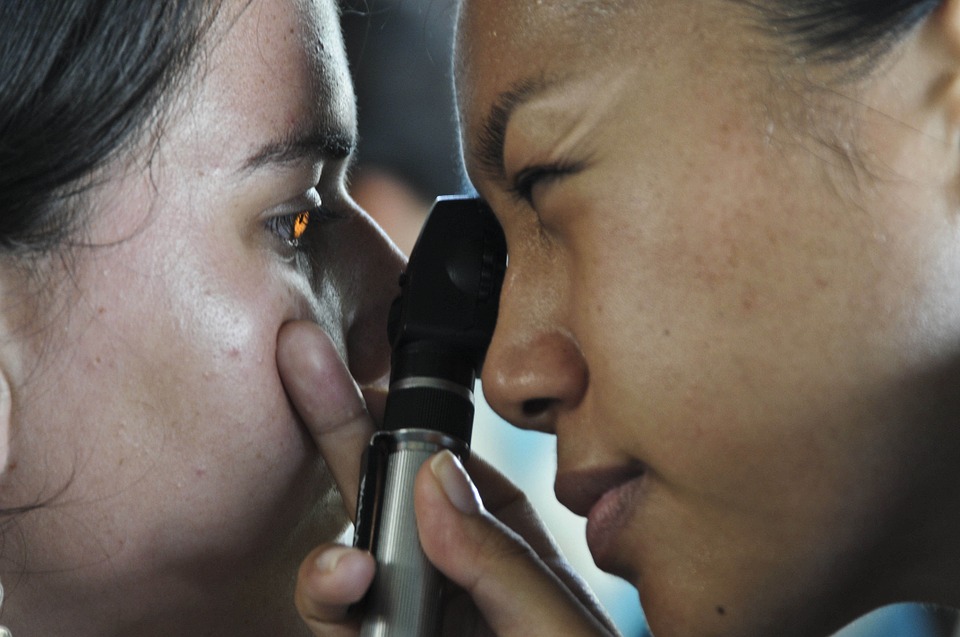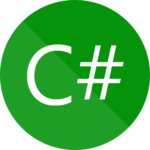
Healthcare workers, airline pilots, sea captains and others are held to a code of professional ethics, as they hold people’s lives in their hands. Should software engineers working in those fields be held to the same exacting standards?
I recently spoke with Prof. Andrew Boyd, an assistant professor of biomedical and health information sciences at the University of Illinois at Chicago. He believes it’s an important discussion for the industry to have.
(Related: How computers are taking the wheel)
“We hold physicians and [healthcare] providers up to a professional code of ethics; they’re licensed by the state. Now, just because something’s legal to do, we still can remove healthcare providers’ professional licensure even if everything they did was perfectly legal, because it was unethical or it was harming patients,” Boyd said to me. “Listen, we keep talking about health IT and the apps and the Fitbit and all these things, but we don’t hold the companies and the programmers to the same level of professionalism, to the same level of ethics.”
Boyd said he worked in medical technology for a year. While doing that, he said, “Everyone I worked with realized the implications when we got it wrong, that people’s lives were on the line. So, people are aware that this isn’t just ordering an airline ticket, that if you mistype an algorithm, if you do things sloppy, people can suffer or there can be bad outcomes.”
Of course, no software is without bugs, but the ways defects are prioritized and impacts are assessed are fundamental decisions made on a daily basis. And today, Boyd said, “We’re using judgments; we don’t have norms.”
So much software is behind things we use every day—our cars, airplanes we fly in, medical devices—that getting it wrong isn’t an option. And in many fields, programmers are required to obtain certifications that demonstrate a level of skill, but not necessarily ethics or professionalism.
Mission-critical software is not a new concept. But today’s world has put more emphasis than ever on speed so organizations can remain competitive. You don’t, for instance, want to be the last automaker to offer blind-spot notification. You lose a competitive edge. Cutting a corner to get it out the door more quickly, though, could result in injury or death.
“Are we empowering programmers and developers by giving them a professional code of ethics, or giving them a professional mandate?” asked Boyd. “As we drive forward, if there are companies or organizations that want them to cut corners, or to get things off with bugs—all software has bugs, I mean, you just can’t—but without appropriate mission-critical bugs fixed before you deploy. Professions give programmers, users and analysts a way of saying, ‘Listen, this is a professional guideline. Are we really doing best for the [end user or patient] or are we just doing the best for the company?’
“This is why sometimes in hospitals with administrators, the health professionals get very upset at administrators because they think some of the hospital changes will actually end up hurting patients, and empowering people to say, ‘Hey I know this might cost an extra hundred thousand dollars…or let’s spend the extra week,’ and empowering the people who know the software, who know what some of the fragile things are, to engage in a productive discussion. It’s just a way of helping to have a better dialogue. I’m not saying that every bug in a software program has to be fixed before you deploy; that just doesn’t happen in modern systems.”
Each field of endeavor has different expectations of their programmers, and each piece of software written by those developers could have different ramifications. “These are things that, unless we talk about—unless we say—‘Hey, this is a good idea,’ or, ‘Don’t worry, if you [harm] three or four people, the market will just have that software company go out of business.’ The market is very efficient that way. I’m not saying I want to be those few people, but these are subtle things that we need to at least have a conversation about.”
In an article he wrote earlier this year regarding software developers in the medical field, Boyd wondered if developers in healthcare fields should take a Hippocratic Oath. But I believe that programmers—not hackers, but professional developers—already work from a starting point of “Do no harm.”






